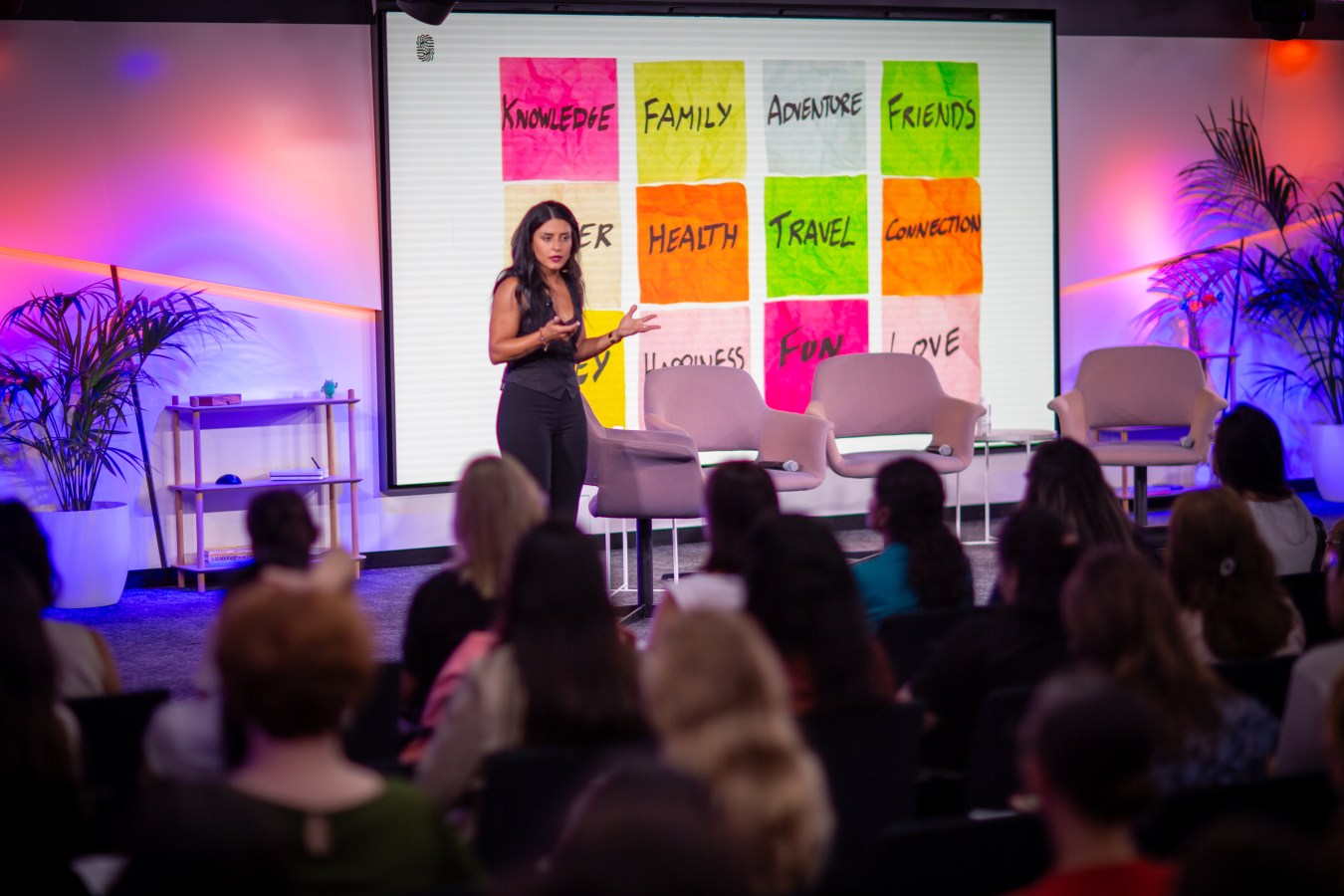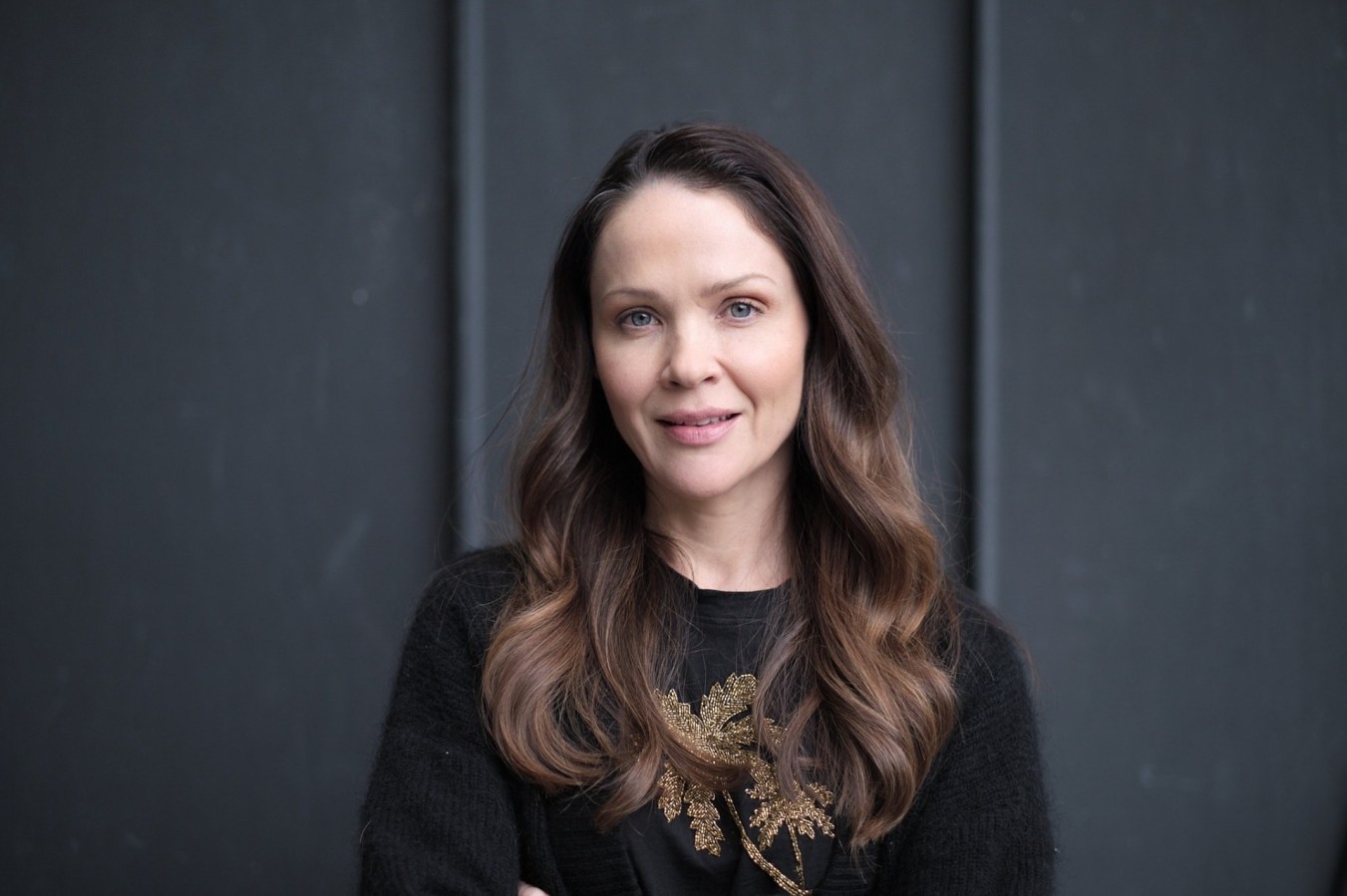Of all the dangerous ideas he’s canvassed, author and academic David Runciman finds child suffrage is the one that gets the rotten tomatoes flying.
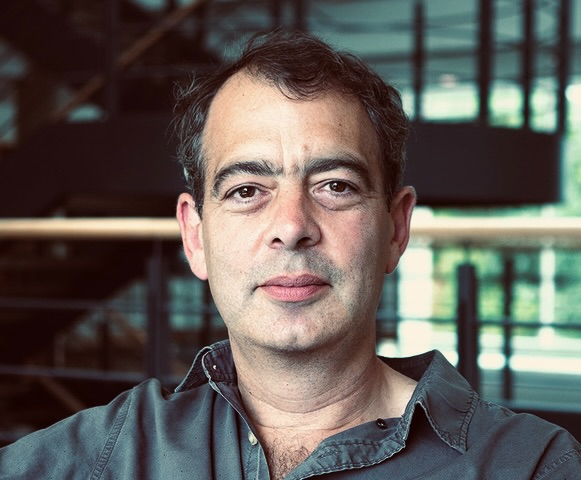
David Runciman watches people’s eyes glaze over when he talks about how governments, corporations and AI have taken over their lives. But the former Cambridge professor of politics and history knows how to rouse them – tell them we can fix things by giving six-year-olds the right to vote.
Runciman has written books with titles like How Democracy Ends, and The Handover: How We Gave Control of Our Lives to Corporations, States and AIs, but he’s noticed how those topics don’t seem to evoke visceral responses.
“It’s weird, you can tell people that the robots are coming, and that doesn’t shock them,” Runciman says. “But you say we should give children the vote and they get absolutely outraged.
“You’re talking to nice middle-class people at a literary festival, and something about the thought of children voting makes them angry … People jeer at me, throw things at me.
“That’s part of the reason why I thought it must be a good idea … The more I thought about it, the better an idea I thought it was. Now I’m completely happy to defend it.”
“I don’t think Mark Zuckerberg is evil. He’s not Putin. He’s probably a well-intentioned guy, but his company is like a machine that’s out of control. We have to rewire it, but that is boring.”
Political historian David Runciman
Runciman, aka the fourth Viscount of Doxford, will be defending child suffrage and fending off the rotten tomatoes at the upcoming Festival of Dangerous Ideas in Sydney on August 24 and 25.
He’ll be joined by other targets, including Andy Mills and Megan Phelps-Roper, the makers of The Witch Trials of JK Rowling podcast which upset the transgender community, broadcaster Antoinette Lattouf whose ABC contract was terminated for her views on Palestine, and sociologist Jem Bendell who will argue that the process of civilisational collapse has already begun. That argument feeds into South African philosopher David Benatar’s idea that bringing children into the world is immoral.

Runciman – who quit academia last year to pursue his podcast, Past Present Future – likens people’s reaction to the threat of AI to their bored reactions to the possibility of climate catastrophe. “They know it’s coming. They can see it impacting on their lives. I’ve just spent the last six months talking about AI and audiences think there’s nothing we can do about it. It’s just this thing that’s coming into our lives … But if you talk about something like changing the voting age, they get really, really engaged.
“The most interesting thing about it is that we live in a world where democracy isn’t working … Young people are seriously pissed off with democratic politics. If you look at all the surveys, it’s young people who are most disillusioned with democracy.
“Part of the reason for that is that elections never go their way. We live in societies that are dominated by older people. The age profile of the electorate is massively skewed. In the UK, there are more voters over 60 than there are under 40, and it seems to be obvious that what you should do is give as many young people as possible a chance to express their views. And I don’t think it’s shocking. I think it’s perfectly sensible.”
“People are always saying, ‘Do you think AI is going to save us or kill us? Is it the killer robots, or is it the salvation robots?’”
David Runciman
Runciman’s hypothesis on what will save us from both the robot takeover and the collapse of democracy is “the boring stuff” – good governance.
He says it doesn’t matter that children would pay little attention to such detail.
“The misunderstanding that people have about voting is that they think that somehow we, the electorate, decide on stuff like that. We don’t, right. We just decide who’s going to take the decisions for us. There’s some assumption that the voters are meant to be well informed and know what’s going on and have a view about AI and governance and this and that. They don’t. I don’t. You don’t. None of us really understand this stuff.”
Children understand technology, Runciman argues. “(They) are the ones who understand what impact this technology has on their lives, why it matters. But voting doesn’t decide this stuff. What you want are the voters to put people in power who understand it. At the moment, you don’t get that. You get politicians who pander to what older voters want – pension protection and very, very small-“c” conservative policies. People are frightened of frightening older voters. The [UK] Conservative Party proposed reintroducing compulsory military service for young people, not because they think it’s good for young people. They think that’s what older voters want to hear. So the idea that somehow the electorate is competent to decide this stuff is ridiculous.
“I think kids would be smarter on some of those issues. So the boring stuff has got to be done by the politicians, but that means we need to put in politicians who are serious about it.”
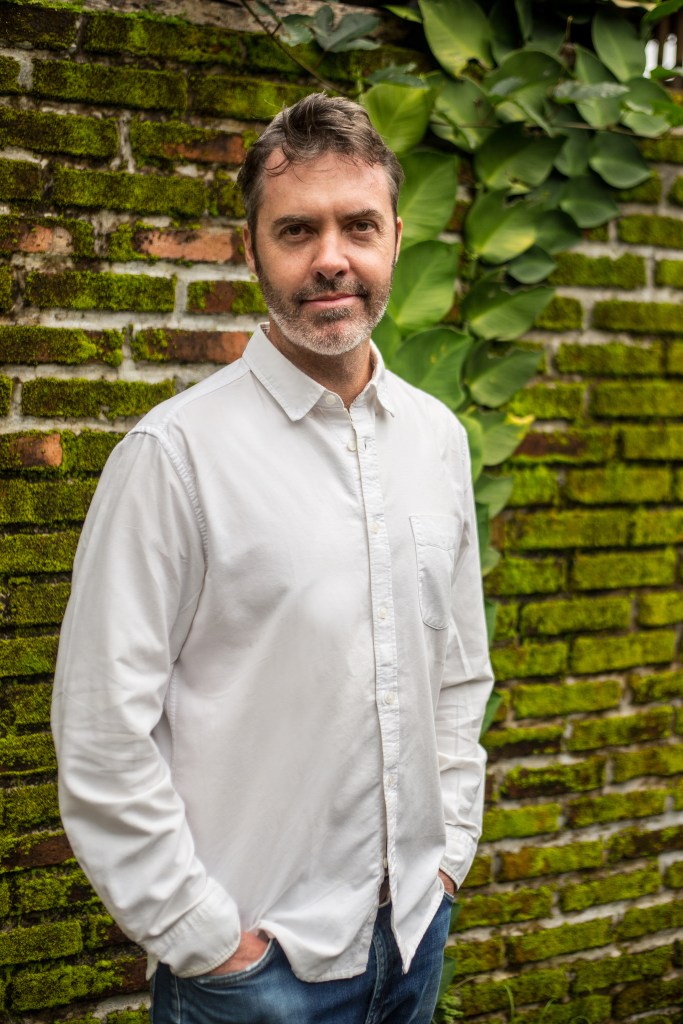
Similarly, Runciman argues that the prophesied worst outcomes from the rise of AI will only be held in check by good corporate governance. “One of the most amazing things about these tech companies is just how they are organized internally to be often at the behest of the people who founded them.”
He cites the example of Meta and its founder Mark Zuckerberg.
“It’s like a dictatorship. You’re not going to get a shareholder revolt. You’re not gonna get an internal corporate revolt. You need someone to come in and change the way those companies are run. So to go back to the book [The Handover], one of my arguments is that states and corporations and AI have a lot in common, because they are basically these big decision-making machines.
“The future of the human race depends on which of them wins the boardroom struggle … The boardroom battle is the thing that matters.”
“If you had giant robots that were out of control, you would re-engineer them. If you think these big technology companies are out of control, it’s not because the people running them are wicked. I don’t think Mark Zuckerberg is evil. He’s not Putin. He’s probably a well-intentioned guy, but his company is like a machine that’s out of control. We have to rewire it, but that is boring.
“If you say to people, ‘You’re not happy with this technology in your life. You’re not happy with what it’s doing to your kids. You’re not happy with the ways in which it’s exploiting information about you, invading your privacy.’ And you say, ‘The answer to that is corporate governance reform.’ They say, ‘Let’s talk about something else.’”
The removal of OpenAI CEO Sam Altman by the board was such an example, Runciman says. It was portrayed as a battle between the techno-optimists and techno-doomers worried about Altman being reckless with the future of humanity.
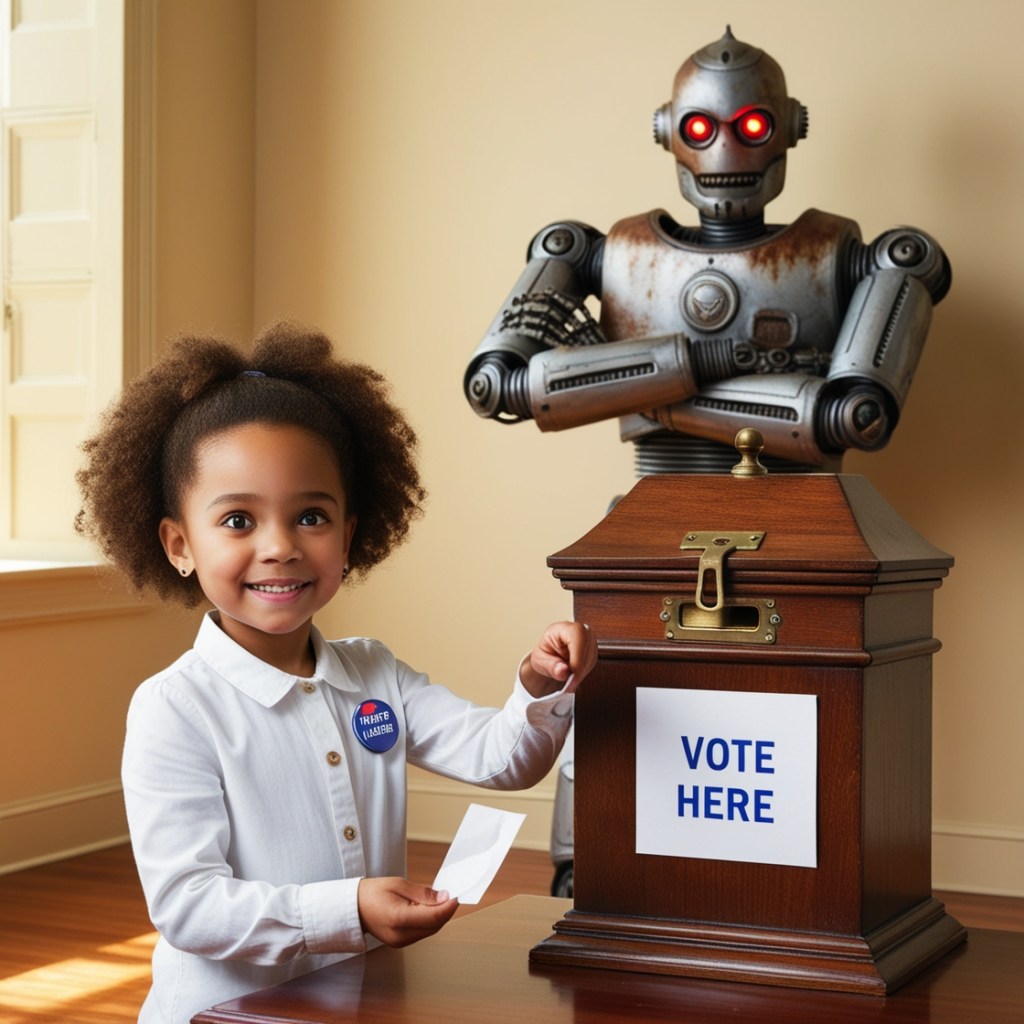
“Whereas, the real issue was that this was a question about how the corporation was set up. It wasn’t about the optimist versus the pessimists. It was about the voting rules on the board. And if it was an argument between those two sets of people. Well, it’s not like the future of the human race depends on which of them is right. The future of the human race depends on which of them wins the boardroom struggle … The boardroom battle is the thing that matters.
“When I do these events, people are always saying, ‘Are you an optimist? Are you a pessimist? Do you think AI is going to save us or kill us? Is it the killer robots, or is it the salvation robots?’” And if you say, ‘Well, actually, that’s not the question. The question is boardroom governance,’ they switch off.”
